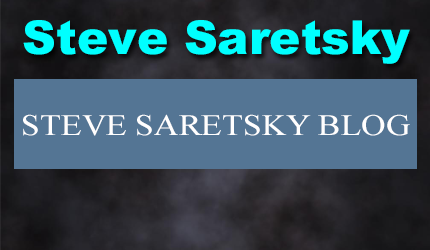July 6, 2021 | The Reopening Trade

The pandemic induced housing boom has been well documented so I won’t go into great detail here. In hindsight it was easy to see, people got locked in their homes, they suddenly needed more space, some people decided to move further away from the office as the prospects of work from home appeared more permanent.
Armed with ample liquidity provided by central banks, the government, and the commercial banks, home sales soared to record highs and prices have followed suit. Global property prices have surged. Here in North America, Canadian home prices are up 24% year-over-year, US home prices, as measured by the Case-Shiller index are now up 15%, that’s good for the largest annual gain since the 1980s. Madness.
However, now the true test comes. Similar to the stock market, you have the pandemic trade, and now the reopening trade. Most of the US is now fully open, people are emerging from their homes and eager to travel. House shopping is fading. US home Sales of existing homes in May dropped for the fourth straight month. “Sales are essentially returning towards pre-pandemic activity,” Realtors chief economist Lawrence Yun said. Mortgage applications continue to fall, now at their lowest levels since January 2020.
Americans are off to the races, getting out of the house and travelling. A record-breaking 2.2 million people flew this Fourth of July weekend. That’s not only the most of any weekend since the start of the pandemic, but some 12,000 more than the same weekend in 2019. The surge of travellers was so intense, both on the roads and in the skies, that it led to skyrocketing fuel prices, rental car shortages and widespread flight disruptions.
U.S. weekly hotel occupancy is now at its highest level since late October 2019.
Canada isn’t far behind. While we aren’t fully open just yet, home sales have fallen 18% since their March highs, and will continue to slow further this summer.
So now what?
I think its important to contextualize here that while sales have slowed, they are coming off record lows. Inventory has been depleted and currently sits at 20 year lows across Canada. A summer cooling is much needed.
The trajectory of the housing market now depends on the reopening. How much demand have we pulled forward? Will we return to the office in full force this fall and will that trigger another wave of shuffling?
What about liquidity? Despite house price pressures, the Bank of Canada is still running $3B of QE per week. Even more startling is the Fed is still gobbling up $40B of Mortgage Backed Securities per month in the US despite rampant housing inflation. When will they pull the plug?
Suffice to say, there are a lot of variables at play. For now, relax and enjoy the summer. The next test for the housing market likely comes in Q4.
Three Things I’m Watching:
1. US home prices accelerating at fastest pace since the 1980s. (Source: Bloomberg)

2. US mortgage application index now back to January 2020 levels. (Source: Liz Ann Sonders)

3. Hotel occupancy rates are recovering. Now about 2019 levels.

STAY INFORMED! Receive our Weekly Recap of thought provoking articles, podcasts, and radio delivered to your inbox for FREE! Sign up here for the HoweStreet.com Weekly Recap.
Steve Saretsky July 6th, 2021
Posted In: Steve Saretsky Blog











